Have you ever looked around while stuck in a traffic jam, only to see yourself surrounded by large cars with just one, maybe two people inside them? Personal ownership of transport is great for society, but not so much for the actual environment our society exists in. However, it’s difficult to shake the notion that bigger, more expensive cars make you look like you belong to a certain stratum of society. For Marko Petrovic, designer and founder of MarkDesignStudio, the answer was simple – to make luxury environment-friendly, just blur the line between luxury and utility. People will love to use public transport if it looked great and was branded with the insignia of Audi, BMW, Mercedes-Benz, or any other brand. If the only barrier to the mass adoption of public transport was just that private cars looked better and felt more premium, the solution was obvious. Make public utilities look and feel amazing!
The Concept NTU (NewTransportationUtility) is an entry to this year’s Movin’On Challenge Design (previously the Michelin Challenge Design), building on its theme “Balancing Sustainability”. The concept focuses on the three recognized pillars of Sustainability: PEOPLE, PROFIT, and PLANET. While transportation exists on three mediums – land, air, and water, Petrovic’s concept focuses predominantly on land, but can easily be carried forward to other areas of transport. The people and planet stand to benefit simply through the combination of creating an efficient public utility service that the public would love to use. The Concept NTU seats six in a transparent pod that’s transported around on an electric platform powered by solar energy. This pod concept efficiently utilizes space by ensuring that it never travels empty, and uses fixed routes, almost like a tram or railway system, creating a powerful centralized utility service that runs on clean energy. How does Profit factor in? Well, these transportation pods are directly created by brands, which focus not on personal ownership but on public service. Brands can further expand their offerings by providing personalization packages for the car’s experience and the UI.
Designer: Marko Petrovic
Click Here to visit the Movin’On Challenge Design website to know more about the 2023 challenge.
Click Here to see all the winners from the 2022 challenge.
The Concept NTU can be split into its three separate parts – the frame, polycarbonate cabin, and engine arms. The frame itself is a lightweight yet robust structure that houses the entire car within it. “the main inspiration and idea is recycling plastic waste and combining it with reinforced nanotech and carbon fiber creating a strong and lightwave chassis for future models”, says Petrovic.

The Concept can take on the avatar of popular cars using graphics, bridging the connect between brand and the vehicle.
The polycarbonate cabin is its own unique entity, existing as a separate unit that waits at locations across the city and docks into any empty NTU frame that comes along. It also boasts of transparent displays laser-integrated into the polycarbonate that come alive to form “one giant computer inside glass/polycarbonate”. This, in turn, serves the dual purpose of being not just the user interface for in-car passengers but also projecting holograms of the car brands visible to the people outside.
The engine arm is where all of Concept NTU’s futuristic magic lies, relying on Tesla’s wireless energy transmission systems instead of traditional fuel tanks or lithium-ion batteries. “Inside the arms/pillars is also located a powerful computer with an electric engine and caterpillar system instead of the classic circular tire”, Petrovic elaborates. The engine arms wirelessly pull energy from nearby electric power stations, but it goes even further by sharing non-used energy with other power stations and NTU vehicles in the vicinity to create an efficient distributed wireless energy network.
Currently in its 23rd edition, the Movin’On Challenge Design (which is free to participate in) is now open for entries up until the contest deadline of February 28, 2023. Entries will be judged by a prestigious international jury panel comprising heads of advanced design for major mobility organizations. The winners of the 23rd Movin’On Challenge Design will be revealed at the Movin’On Summit in June 2023. This year, three entries will stand to win the Gold, Silver, and Bronze positions and as an addition to its existing format, the top 3 winners will receive an opportunity to meet with the Movin’On Challenge Design team and juror representatives to review their entries, portfolio, and career plans. To read more about this year’s edition of the Movin’On Challenge Design, click here.
The Michelin Challenge Design was established in 2001, and was rebranded to the Movin’On Challenge Design in 2020, reflecting its integration as a featured program of the Movin’On Summit, the world’s foremost gathering for sustainable mobility. Inspired by Michelin, the Summit brings together large companies, startups, public and academic authorities, NGOs, and international organizations, as well as a community of experts and professionals to move from ambition to action. “We are encouraged by the continued growth of global participation in the Challenge Design program, and are especially excited this year to see the entries place an emphasis on the sustainable aspects of their mobility solutions,” said Kimbrelly Kegler, chairperson of Movin’On Challenge Design.
Click Here to visit the Movin’On Challenge Design website to know more about the 2023 challenge.
Click Here to see all the winners from the 2022 challenge.
The post What if Audi made public transport? This Movin’On Challenge Design concept blurs the lines between luxury and utility first appeared on Yanko Design.
via https://ift.tt/Z51YBnk
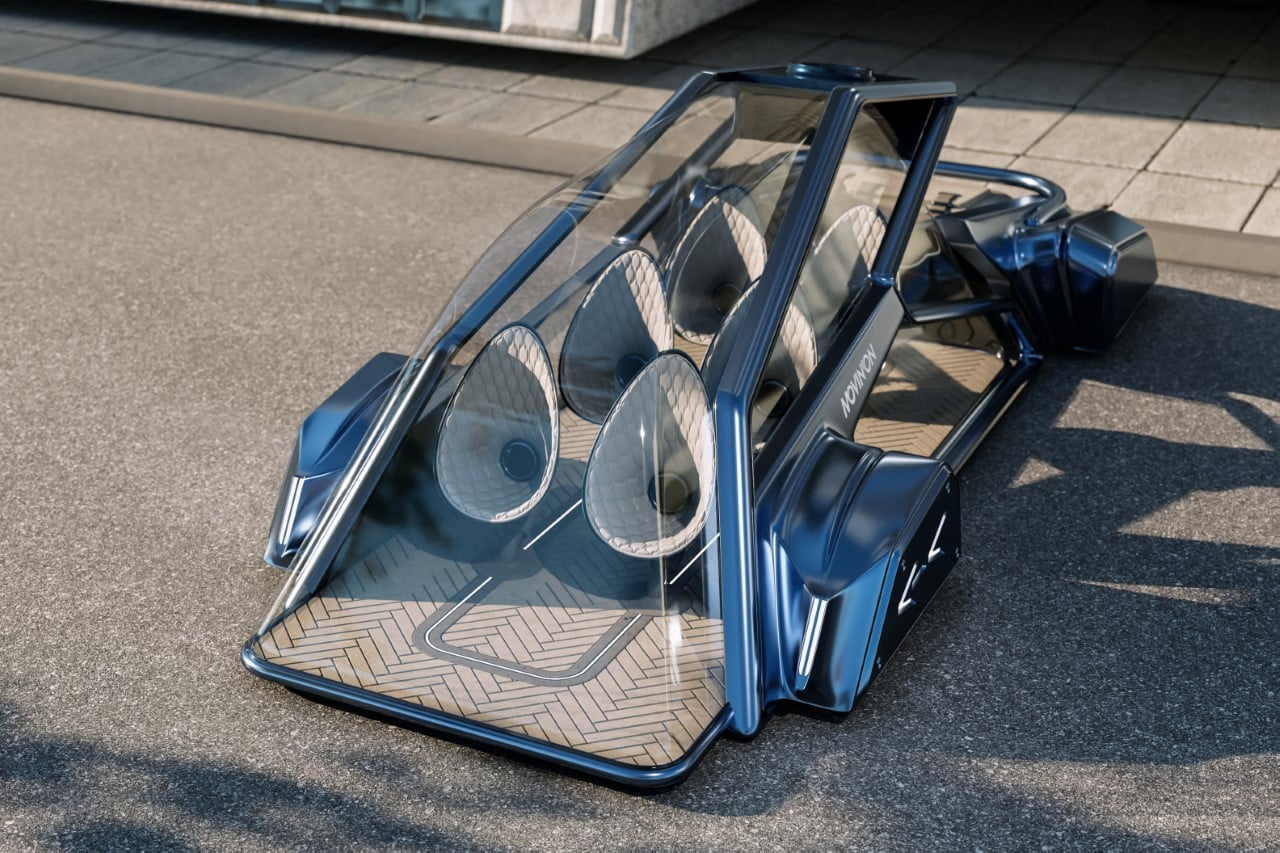
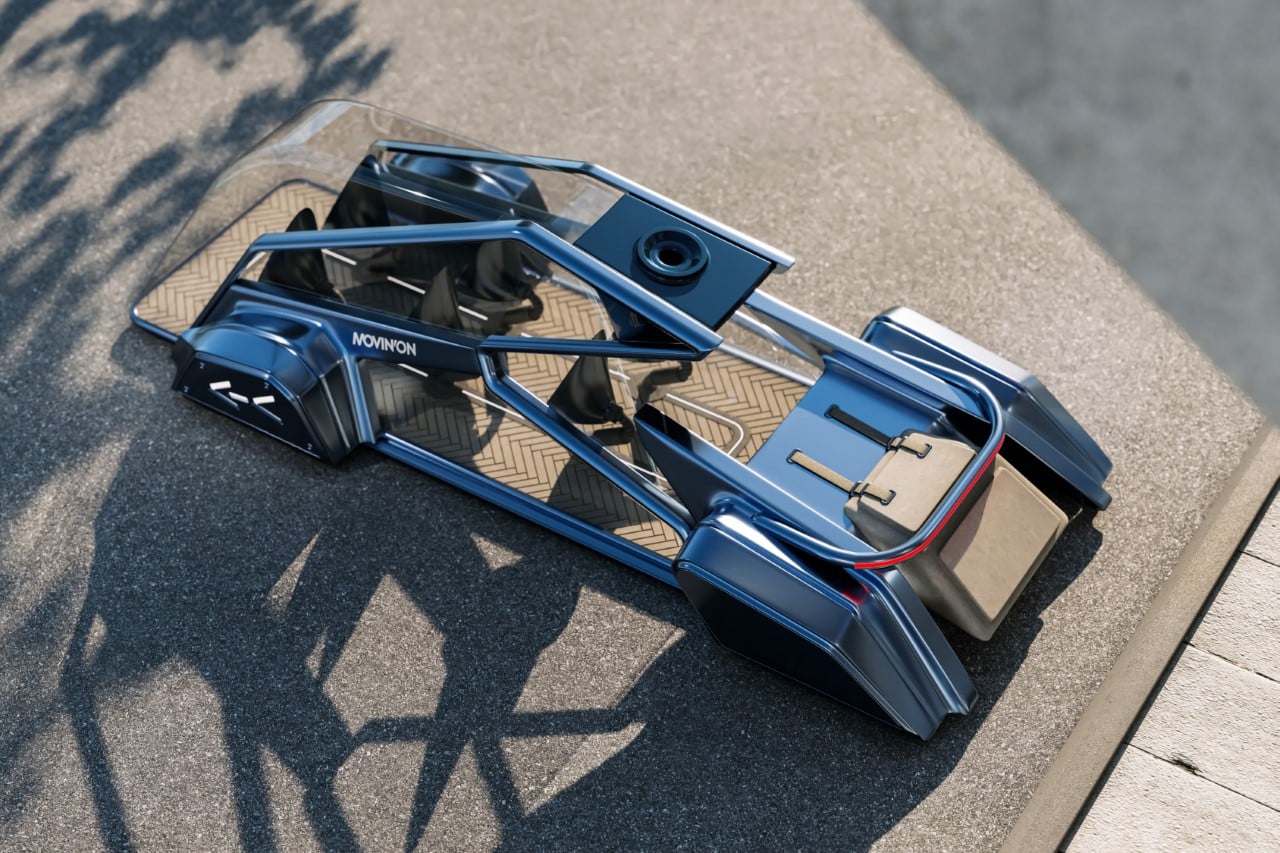
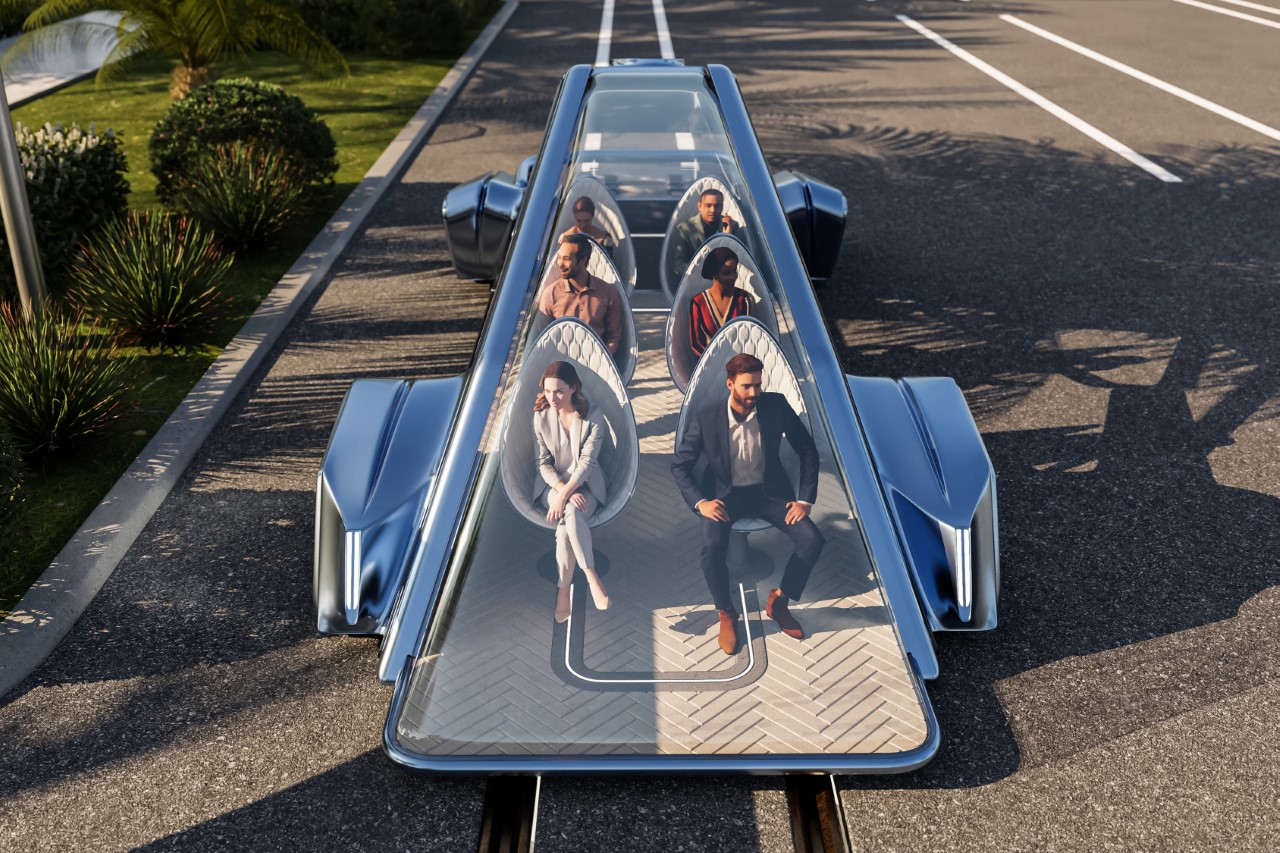
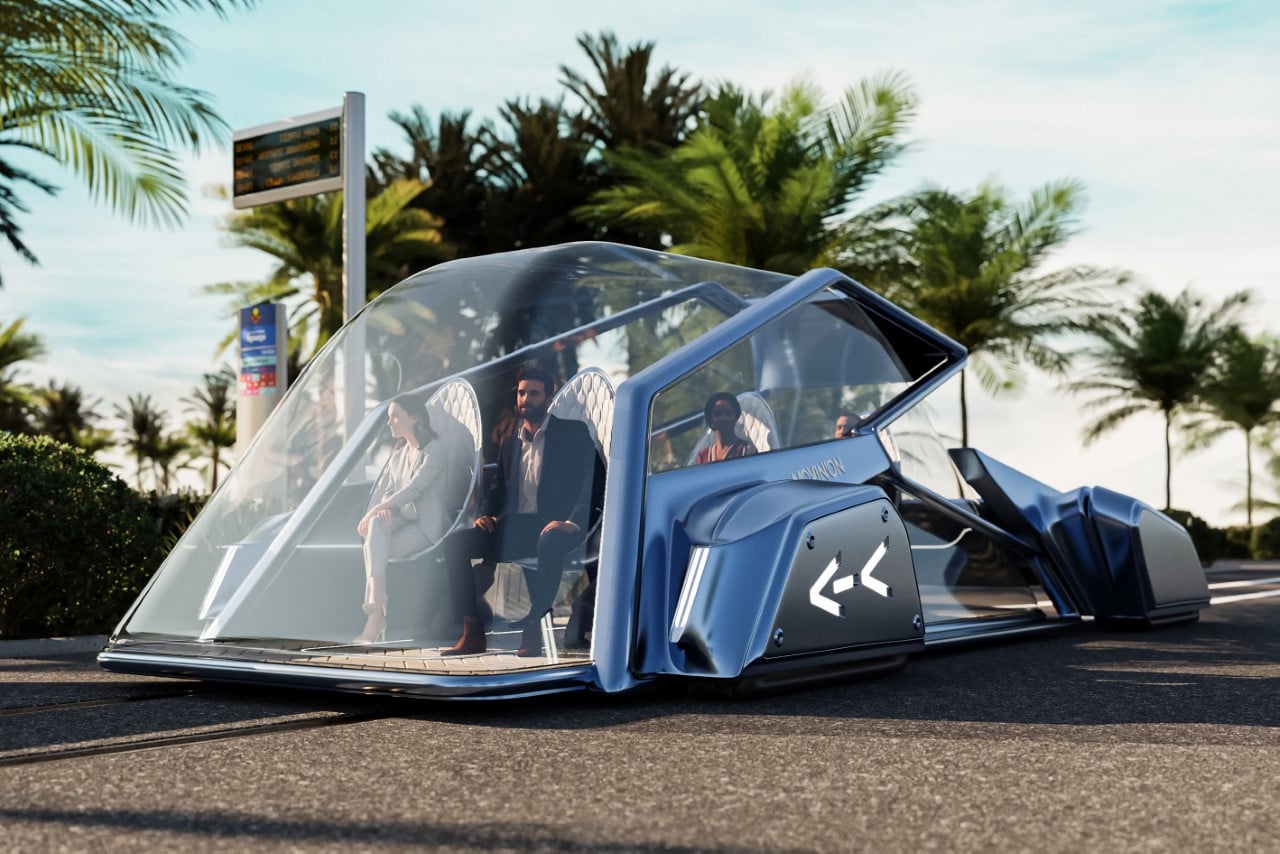
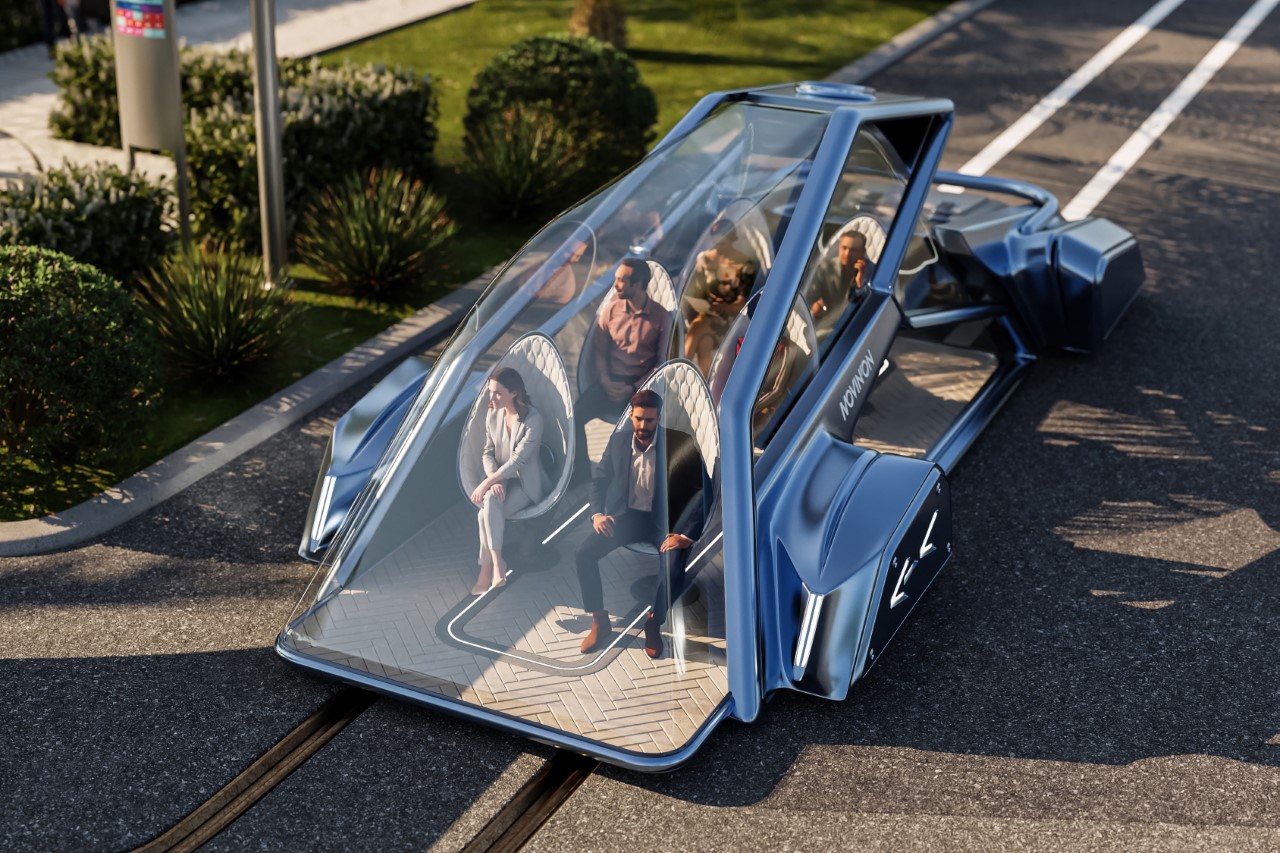
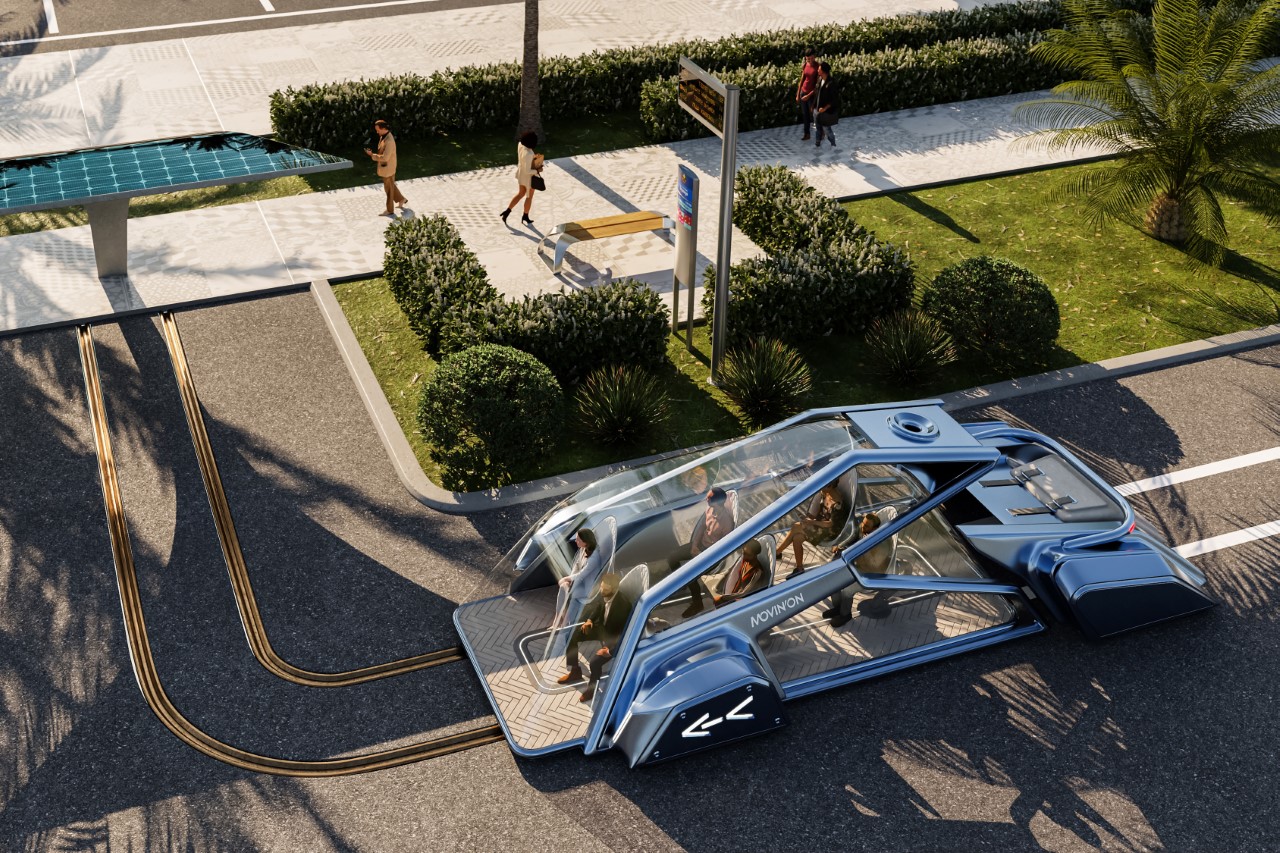
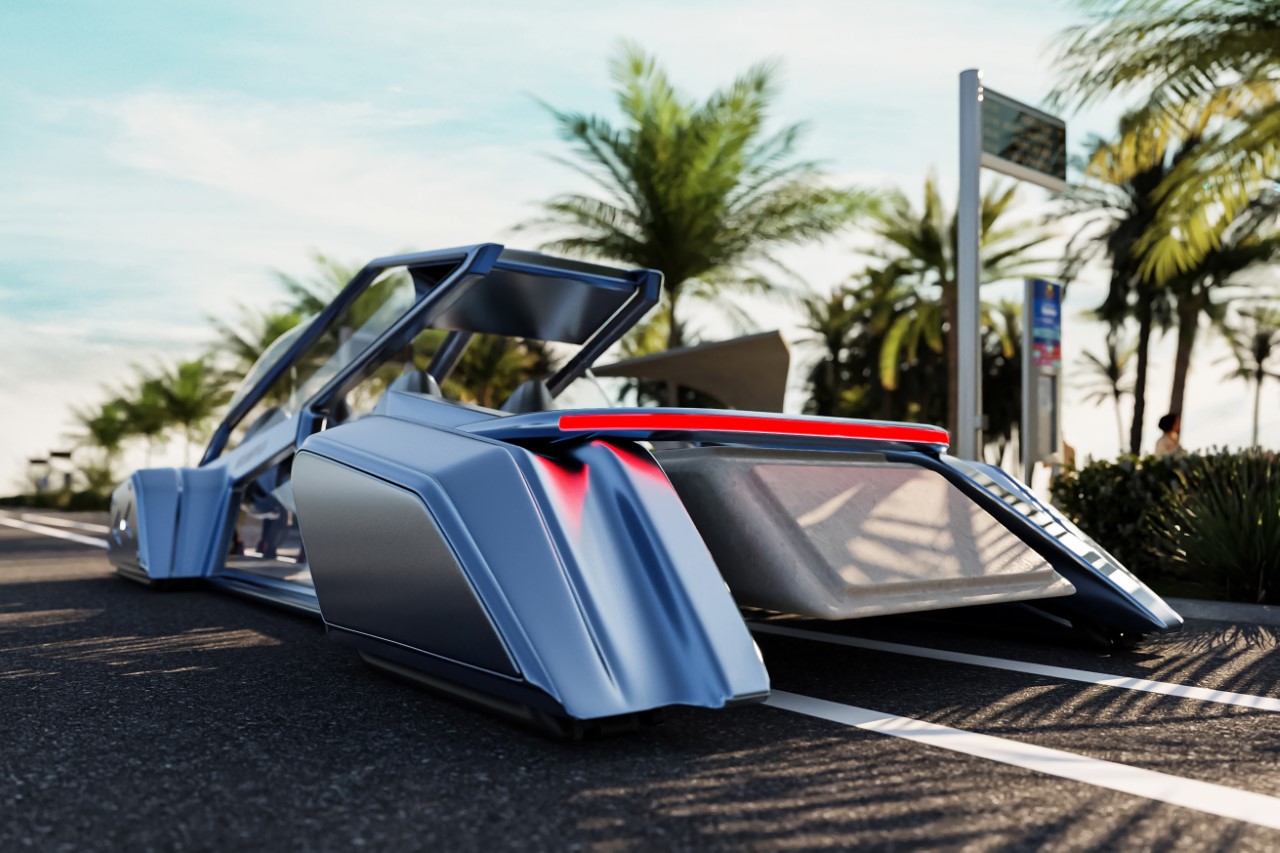
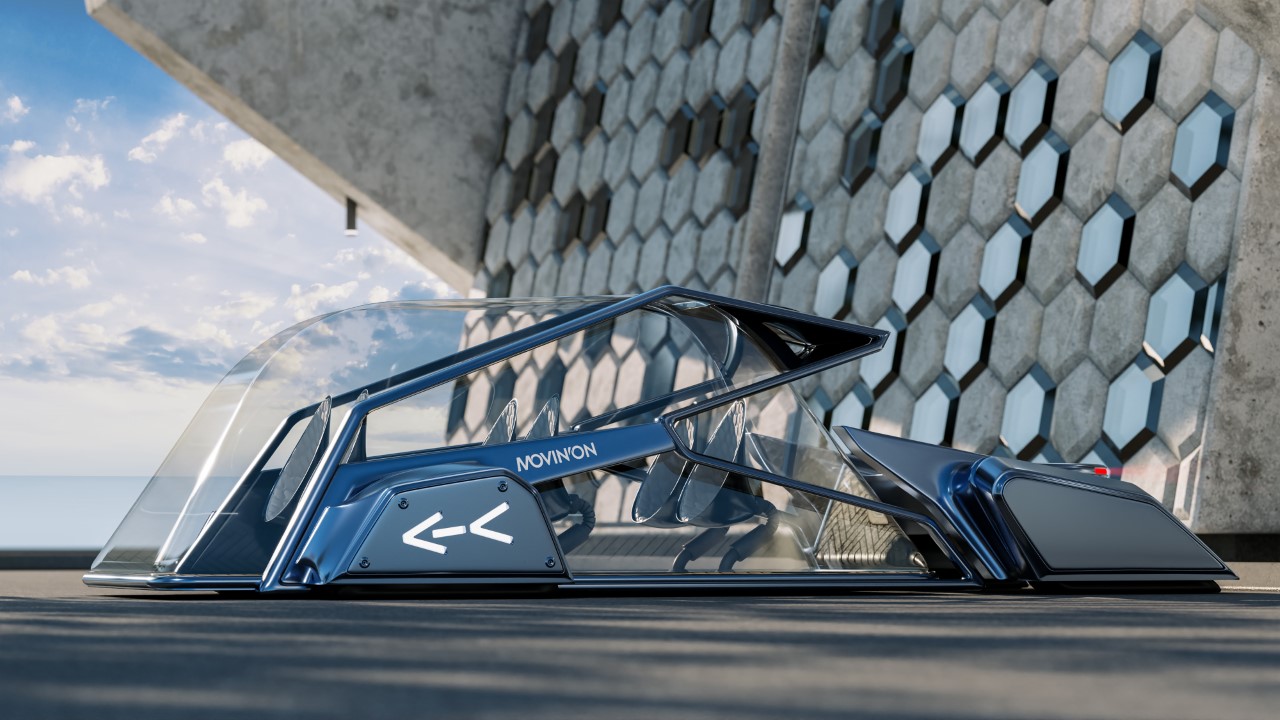
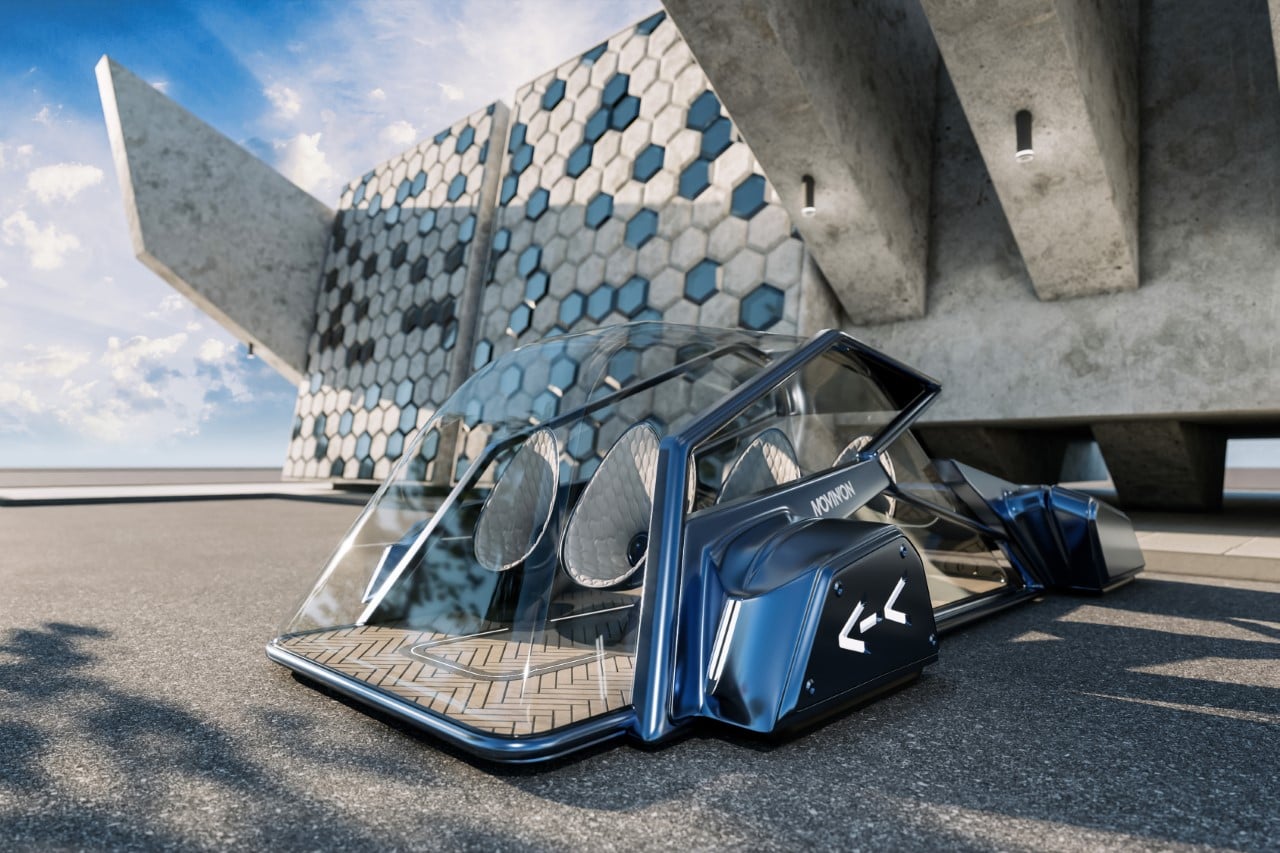
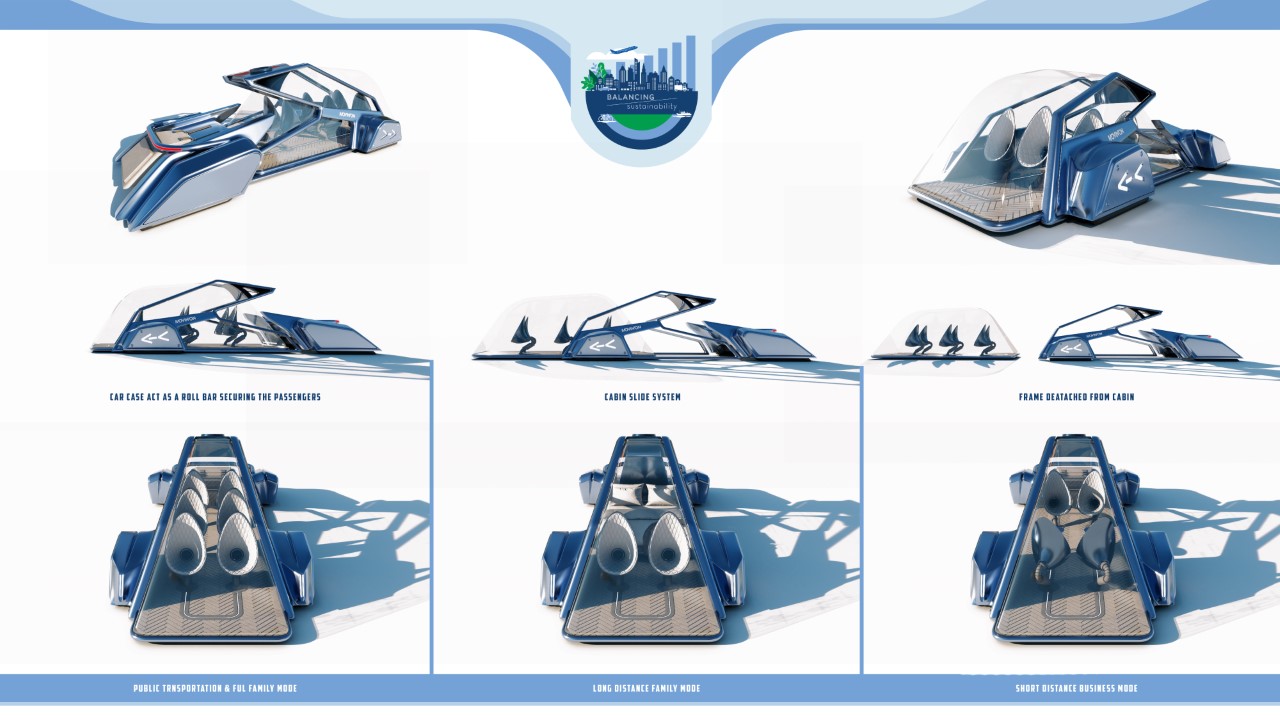
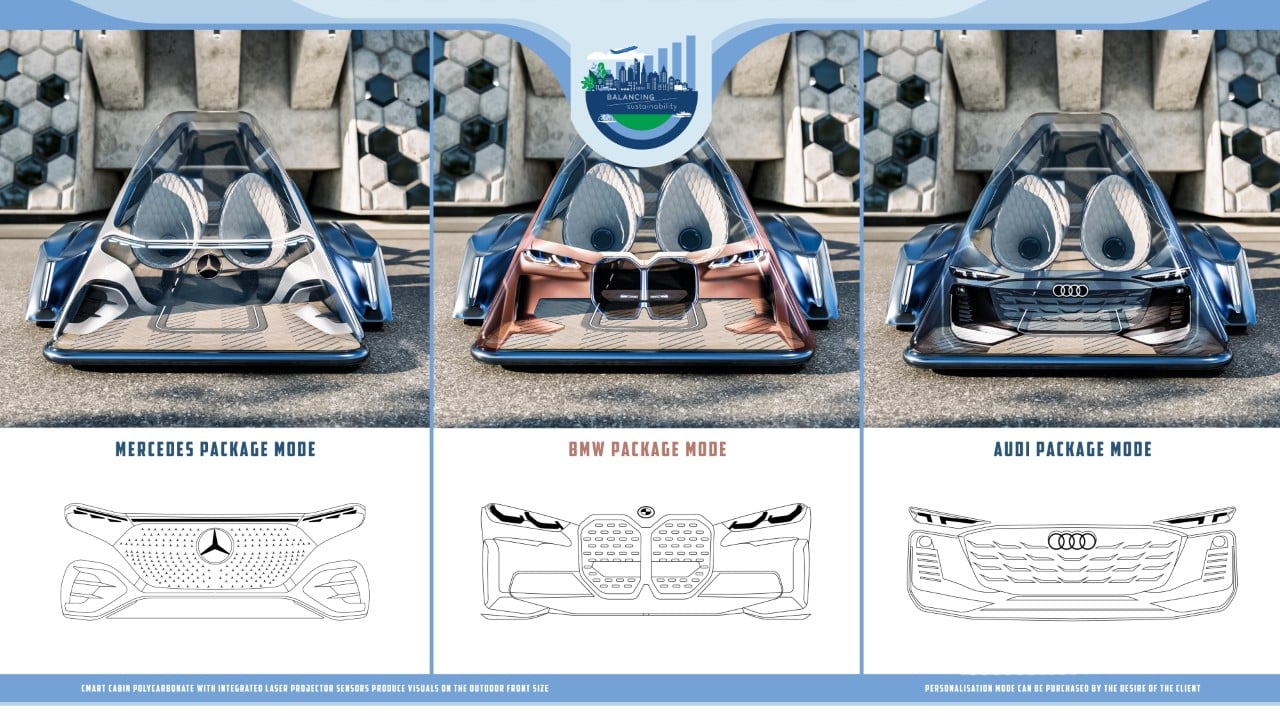
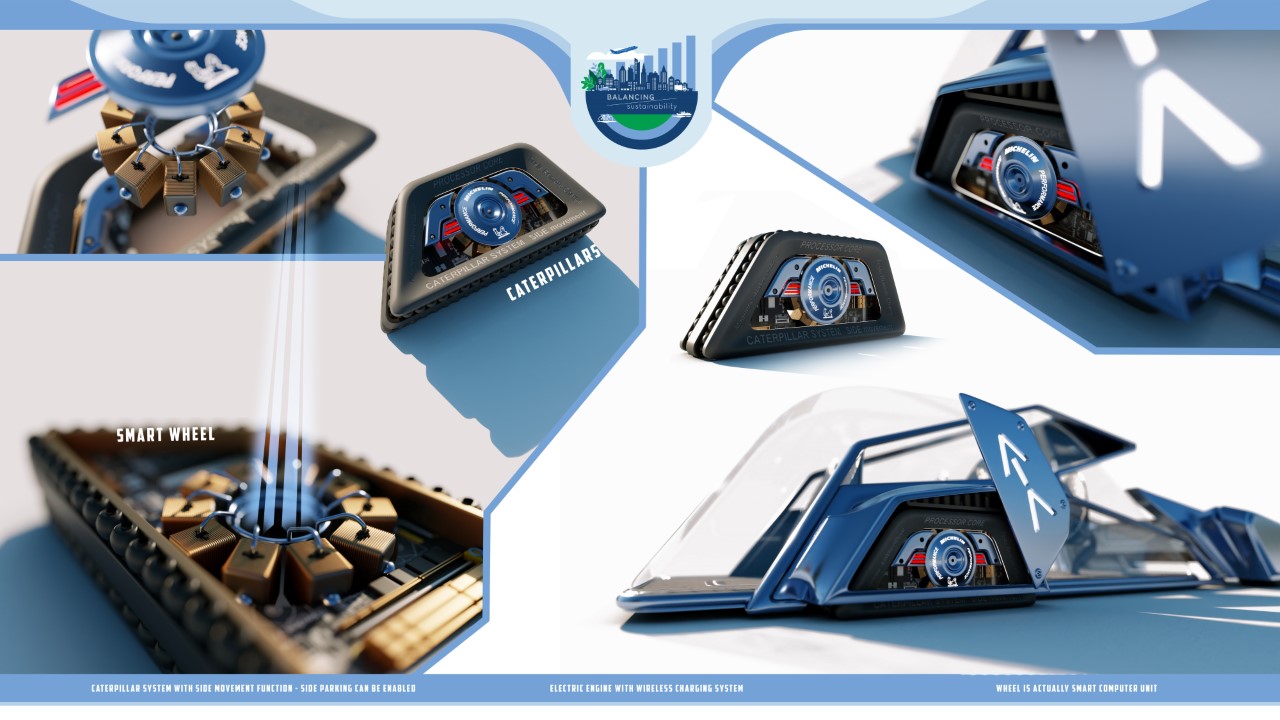
Post a Comment
Note: Only a member of this blog may post a comment.